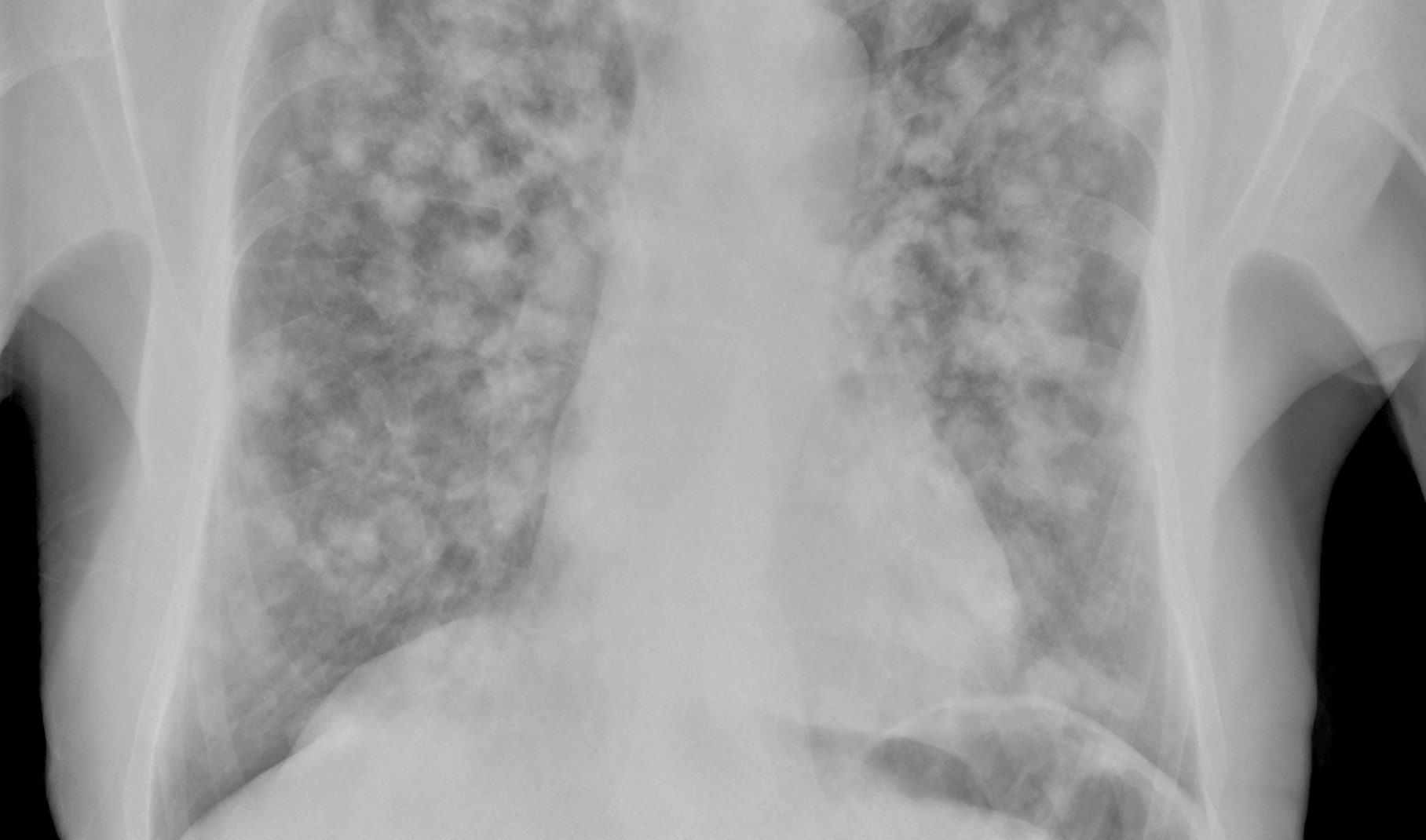Leading experts in the field of neurology met again this year at the world’s largest meeting for research into MS. The focus was on the clinical aspects of the disease, pathology and pathogenesis, imaging and non-imaging biomarkers as well as current and developing treatment options.
In addition to the prediction of disease progression, the optimal response to immunotherapy is not yet well understood. Therefore, the question of whether a combination of objective measurements and biomarkers could predict the optimal response to immunotherapy or the presence of activity and disease progression at a specific point in time was investigated [1]. To this end, three cohorts of multiple sclerosis (MS) patients were formed and MS activity (as evidenced by the presence of relapse or progression in the EDSS score) was recorded in each patient. The first (MRI) cohort consisted of 816 patients who underwent quantitative automated MRI assessment using ICOMETRIX software; the second cohort consisted of 281 patients in whom serum levels of neurofilaments (NFL) were checked at one or more time points; in the third cohort, 181 patients underwent detailed cognitive assessments. Various measures of these parameter groups were calculated and correlated with the presence of MS activity. A risk factor was calculated for different thresholds and then a combination of parameters was used to create a cumulative risk calculator for disease activity.
The relative risk (RR) for MS activity was similar in men and women, but significantly higher in patients with progressive disease and EDSS scores of >4.0. An annual change in brain volume of >1.0% on MRI was associated with an RR of 1.92 and an annual change in total lesion burden of >1.0 mL was associated with an RR of 2.58. A z-score >1.5 in NFL values was associated with an RR of 1.96 and a z-score of
Effects of comorbidities
Several studies suggest that comorbidity influences clinically relevant outcomes in MS. However, less is known about the impact of comorbidity on measures of disease activity. One group of researchers looked at assessing the association of comorbidities with disease activity in clinical trials of disease-modifying therapies (DMTs) [2]. A two-stage meta-analysis of individual participant data from phase III clinical trials of MS DMTs was performed. Studies from 2006 to 2020 with a follow-up period of at least two years were included. Individual comorbidities included were hypertension, hyperlipidemia, functional heart disease, ischemic heart disease, cerebrovascular disease, peripheral vascular disease, diabetes, autoimmune thyroid disease, various autoimmune diseases, migraine, pulmonary and skin diseases, depression, anxiety and other mental disorders. The analysis included 16794 patients from 17 clinical studies.
The presence of ≥3 comorbidities was associated with a 13% increased risk of disease activity compared to individuals without comorbidities. A 20% increased risk of disease activity was observed in individuals with ≥2 cardiometabolic diseases compared to individuals without cardiometabolic diseases. An increased risk of disease activity was associated with an increased number of mental disorders and in individuals with depression compared to individuals without depression. The results emphasize the negative impact of the studied comorbidities on disease activity in MS and make the prevention and treatment of comorbidities an urgent clinical concern.
Do not ignore depression
The prevalence of depression in patients with multiple sclerosis (pwMS) is three times higher than in the general population. Recent studies have shown that comorbid depression in pwMS may lead to worse clinical outcomes, including an increased risk of relapses and accelerated neurodegeneration. These findings suggest that depression may have a shared pathogenesis with MS that goes beyond the mere psychological burden of chronic disease. In addition, recent research supports an immune-related mechanism of depression, underpinned by findings that elevated peripheral interleukin-17A (IL-17A) levels can affect serotonin synthesis. However, the contribution of immunodeficiency to comorbid depression in people with MS remains to be clarified. This was the aim of a recent study [3]. A significant genetic correlation between depression and MS was found, although no causal relationship between the two diseases was shown. Several common risk loci related to T-cell activation were identified, which are associated with HLA-B, CFB and SLC12A5. The link between depression and MS through T cell activation was further supported by MTAG and pathway enrichment analysis. Through scRNA-seq, the researchers discovered a group of CD8+ T cells in pwMS with comorbid depression that are able to recognize both myelin basic protein (MBP) and glutamate decarboxylase-2 (GAD2) peptides upon presentation of the HLA-B molecule. This group of CD8+ T cells showed high expression of IL-17A and RORC. The results suggest that common immune disorders may contribute to comorbid depression MS.
Congress: ECTRIMS 2024
Literature:
- Panayiota P, et al: Prediction of MS activity and progression with the use of a combination of objective biomarkers (levels of serum neurofilaments, cognitive testing, and quantitative MRI measurements); suggestions for building a risk-calculator. O002/1829. ECTRIMS 2024 – Oral Presentations.
- Salter A, et al: The Association of Comorbidities and Disease Activity in Phase III Clinical Trials for Disease-Modifying Therapies in Multiple Sclerosis. O005/1392. ECTRIMS 2024 – Oral Presentations.
- Wang X, et al: Immune Dysfunction Contributes to Comorbid Depression in Patients with Multiple Sclerosis. O034/1580. ECTRIMS 2024 – Oral Presentations.
InFo NEUROLOGIE & PSYCHIATRIE 2024; 22(6): 24(published on 5.12.24, ahead of print)











